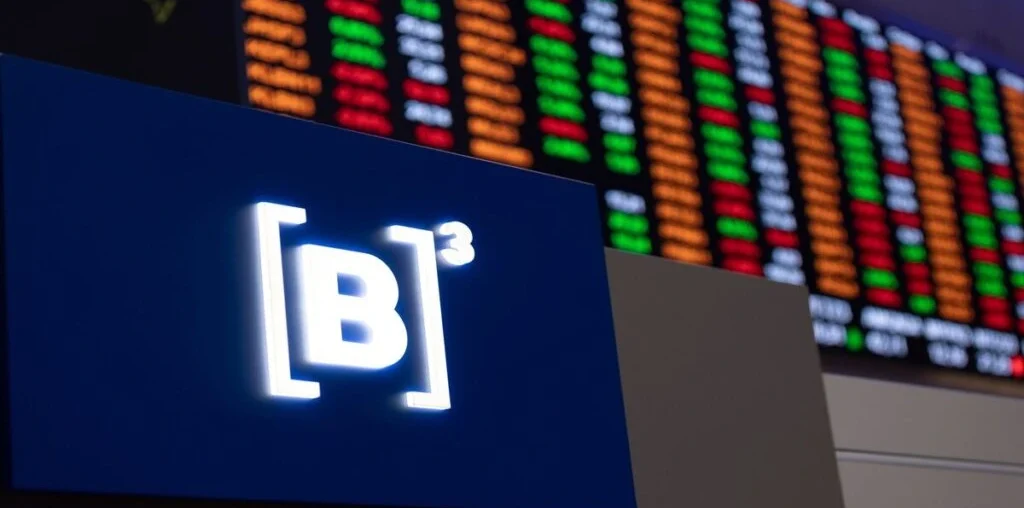On November 8, 2024, Brazil’s stock market took a significant hit. The Ibovespa index fell 1.37%, driven by sharp declines in mining and steel stocks.
This downturn reflects broader economic concerns both domestically and internationally. Vale, Brazil’s largest mining company, saw its stock (VALE3) plummet 4.88%.
Usiminas (USIM5) fared even worse, dropping 5.7%. CSN Mineração (CMIN3) and CSN (CSNA3) also suffered, falling 4.36% and 4.15%, respectively.
These losses stem from multiple factors. Brazil’s inflation rate came in higher than expected, sparking fears of tighter monetary policy. Uncertainty surrounding the country’s fiscal package added to market jitters.
However, the main culprit lies across the Pacific. China, the world’s largest consumer of iron ore, struggles to revive its economy. The Asian giant recently announced a stimulus package worth 2 trillion yuan ($280 billion).


Yet, investors remain skeptical about its effectiveness. Iron ore prices reflect this uncertainty. On China’s Dalian Commodity Exchange, January futures fell 1.65% to 776 yuan ($108.45) per ton.
Iron Ore Market Faces Uncertainty
Singapore’s exchange saw similar declines, with December contracts dropping 2.16% to $103.25 per tonne. These price movements directly impact Brazilian mining companies.
As major iron ore exporters, their fortunes are closely tied to Chinese demand. The current market conditions pose significant challenges for these firms.
Beyond China, global factors also play a role. The recent U.S. presidential election has shifted expectations about Federal Reserve policy.
Many now anticipate less aggressive rate cuts, potentially dampening global commodity demand. The iron ore market faces additional headwinds.
Demand for steel production inputs has contracted. High import levels have led to increased port inventories. Daily hot metal production in China has declined, falling 0.6% to 2.34 million tonnes.
These developments underscore the interconnected nature of global markets. Brazil’s stock performance reflects not just domestic concerns but international economic trends. Investors must navigate this complex landscape carefully.
As markets adjust to these realities, companies may need to reassess their strategies. Diversification and efficiency improvements could help mitigate risks. However, the path forward remains uncertain.
This situation highlights the importance of economic freedom and self-reliance. While government interventions aim to stimulate growth, market forces ultimately drive outcomes.
Companies and investors must adapt to changing conditions independently. Moving forward, all eyes will be on China’s economic performance.
Its ability to boost domestic demand will significantly impact global commodity markets. Brazilian mining companies, in particular, will closely monitor these developments.
In the meantime, Brazil’s stock market continues to grapple with these challenges. The recent downturn serves as a reminder of the volatility inherent in commodity-dependent economies.
In short, it also underscores the need for diversification and resilience in an ever-changing global marketplace.

